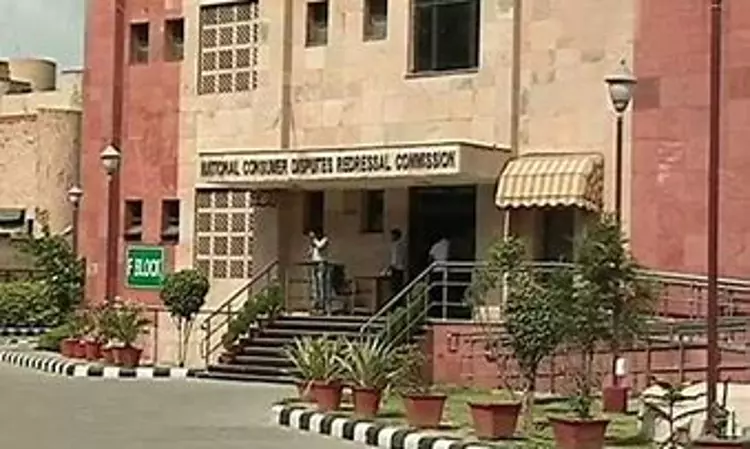The Quantum Of Compensation Should Be Based On Facts And Circumstances Of Each Case: NCDRC
Ayushi Rani
15 Aug 2024 2:00 PM IST

Next Story
15 Aug 2024 2:00 PM IST
The National Consumer Disputes Redressal Commission, presided by Dr. Inder Jit Singh, held that the quantum of compensation and punitive damages depends on the facts and circumstances of each case. Brief Facts of the Case The complainant, a nurse in Hyderabad and a member of ESIC sought financial assistance from ESIC for her daughter's blood cancer treatment, which required a...
